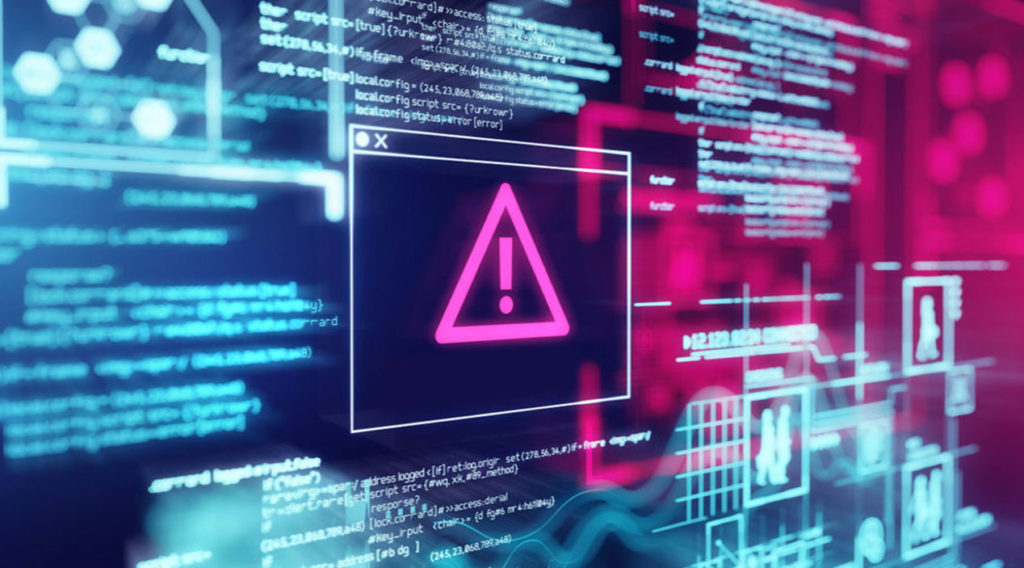
Malware, phishing and identity theft
The EventBot trojan is the latest malware out there that affects financial accounts and portfolios. It looks like an innocent-looking app download file, but once installed it will take control of smartphone data streams, keylogging passwords and even SMS messages used in two-factor authentication.
Malware and phishing are on the rise with the pandemic, as hackers exploit the anxiety of the moment and the unprecedented number of people working from home outside of normal corporate security protocols.
At the same time, new data security risks are emerging as unintended consequences of the enormous effort to trace the virus and act on its spread. Large-scale health data pools are being collected, with multiple copies of sensitive health, financial and telecommunication data created in different locations.
The track record of who has accessed this data is poor. DLT solutions on data governance, data security and personal data management could help. For example, BurstIQ announced Research Foundry to facilitate secure collaboration on health data.
The identity theft of the Investors it is another cybersecurity problem that has been taking hold in recent months. Distributed logs offer possible solutions to this problem, creating a reliable substrate for identity verification, validation and authentication.
The elements of an individual's essential data can be permanently linked together and the blockchain can offer facilitations on authentication and transactions related to this identity without revealing the underlying personal data.
5 tips to protect your accounts and digital wallets
To protect your crypto wallets and other sensitive accounts, here are some steps you can take:
1. Enable multi-factor authentication. According to Microsoft, 99,9% of the compromised accounts did not activate multi-factor authentication.
- Use a different password for each individual account you have. Many people always reuse the same five passwords (despite the average business user having over 190 logins to track).
- Use good password hygiene: Last year the most common passwords in the world included "12345" and "password".
- Make sure your antivirus software is up to date, including installing protection on your phone. Android is present in 98% of attacks on a smartphone, mainly occurring in the form of malware downloaded to the device.
- Practice good computer hygiene. Download only apps from credible repositories, such as Android Marketplace, and check the sources before clicking on any link you receive in an email, SMS or LinkedIN message.
